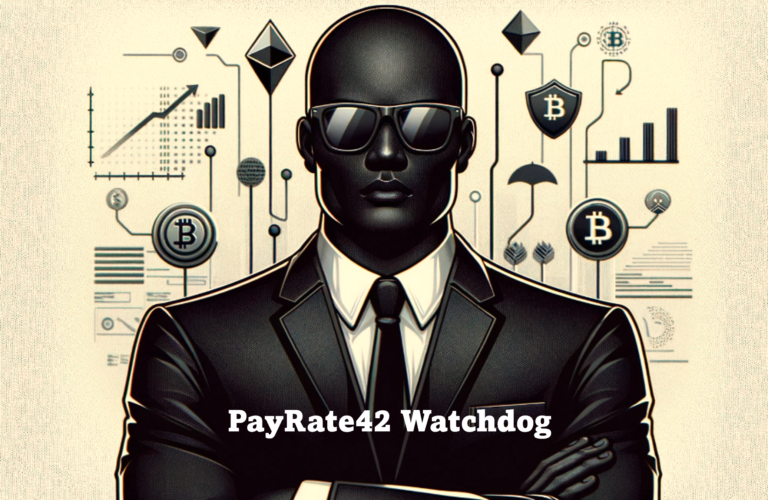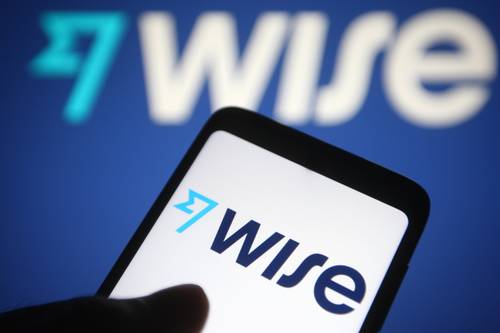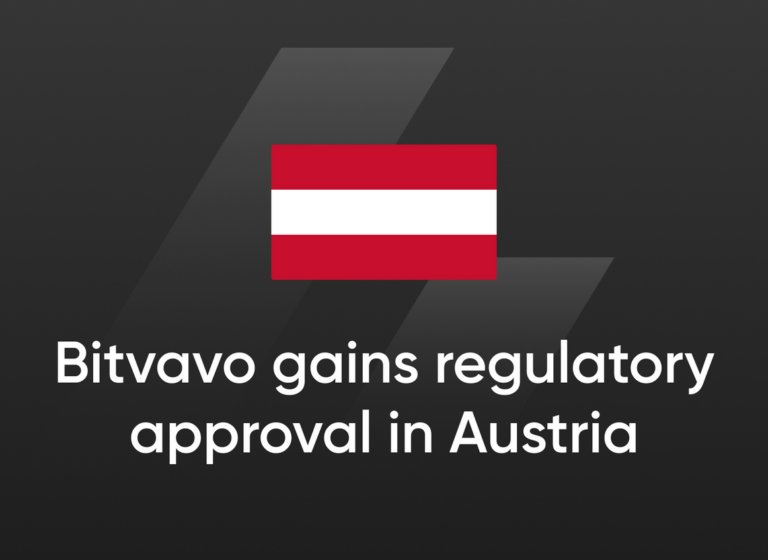High-risk payment processors specialize in processing transactions for merchants in industries considered high-risk by traditional financial institutions. These industries typically have a higher rate of chargebacks, fraud, and regulatory scrutiny, making them more difficult to process payments. High-risk businesses are prone to fraud. Examples of high-risk industries are online gambling, porn, investments, and cryptocurrency.
High-risk payment processors work by assessing the risk associated with a business and its industry and then setting up a merchant account with a customized set of rules and fees. These rules may include higher transaction fees, rolling reserves, and stringent underwriting requirements. High-risk payment processors typically employ teams of fraud prevention specialists who monitor transactions and investigate suspicious activity.
Rolling reserves are a common feature of high-risk payment processing. This is where a percentage of a merchant’s sales are held in reserve by the payment processor for a specified period of time, typically six months to a year. The reserve is a buffer against chargebacks and other losses that the payment processor may incur.
While high-risk payment processors offer businesses in high-risk industries access to payment processing services, they also come with higher fees and stricter requirements. High-risk merchants should be prepared to undergo a thorough underwriting process, provide extensive documentation, and pay higher fees than those in lower-risk industries.




